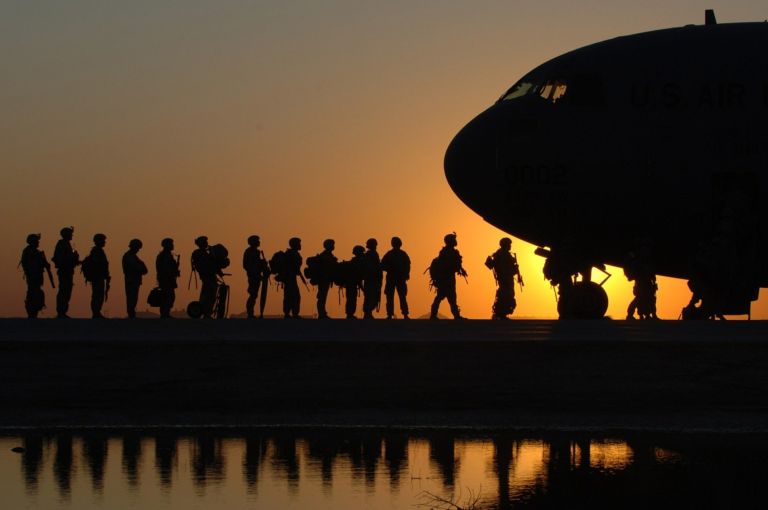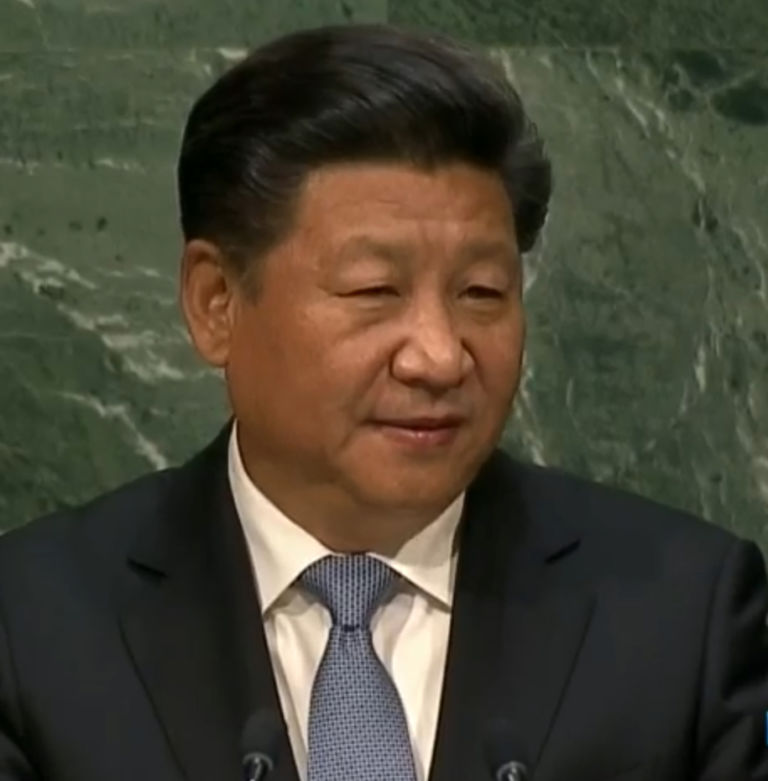Victor Davis Hanson asks in a National Review Online column whether the Western defense establishment set up in the aftermath of World War II is worth preserving.
Donald Trump recently ignited another controversy when he mused that the North Atlantic Treaty Organization was obsolete. He hinted that it might no longer be worth the huge American investment.
In typical Trump style, he hit a nerve, but he then offered few details about the consequences of either staying in or leaving NATO.
NATO is certainly no longer aimed at keeping a huge Soviet land army out of democratic Western Europe, as was envisioned in 1949.
The alliance has been unwisely expanded from its original twelve-nation membership to include 28 countries, absorbing many of the old communist Warsaw Pact nations and some former Soviet republics. NATO may have meant well to offer security to these vulnerable new alliance members. Yet it is hard to imagine Belgians and Italians dying on the battlefield to keep Russian president Vladimir Putin’s forces out of Lithuania or Estonia.
Today’s NATO pledges to many of its newer participants are about as believable as British and French rhetorical guarantees in August 1939 to protect a far-away Poland from its Nazi and Soviet neighbors. …
… The issue is not whether NATO is still useful, but whether the alliance can reform itself before it implodes.
NATO must stop growing. Why offer guarantees to nations that it would not protect in the real world — nations that would only become red lines for aggressive enemies that wish to humiliate and unwind the alliance? NATO should be wary of using its forces outside of Europe and should instead outsource such peacekeeping to individual members acting on their own.


